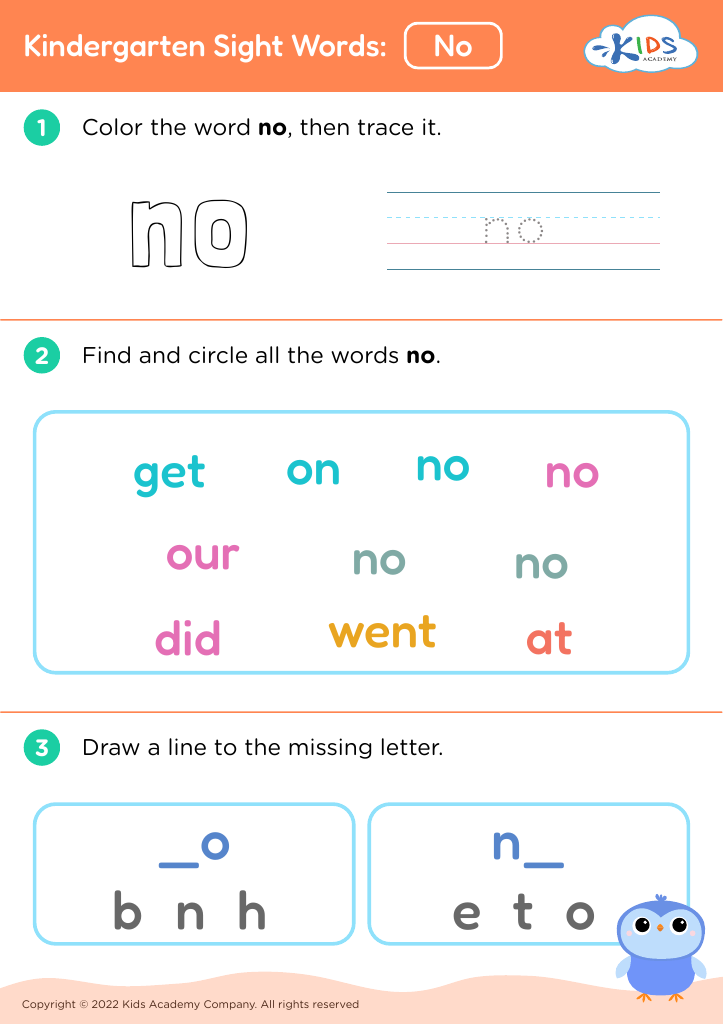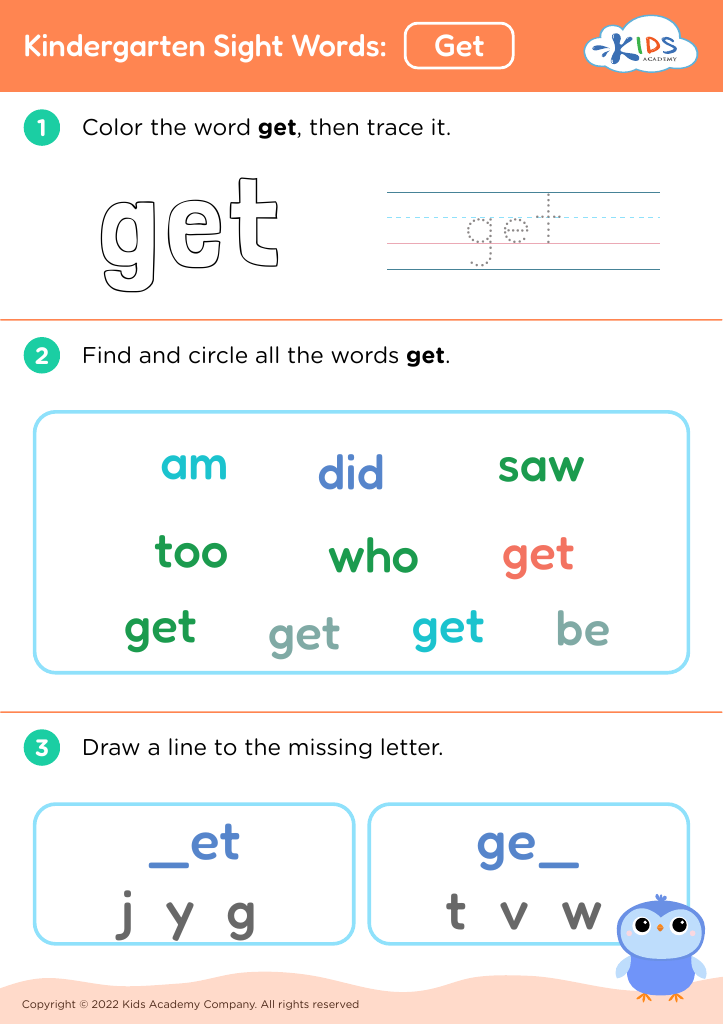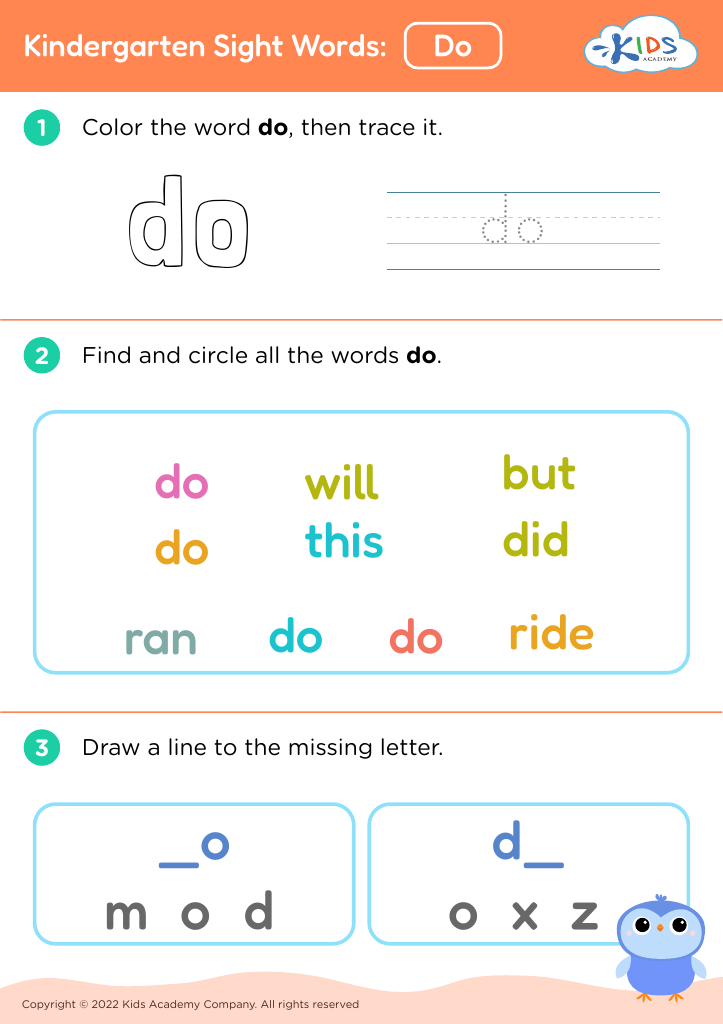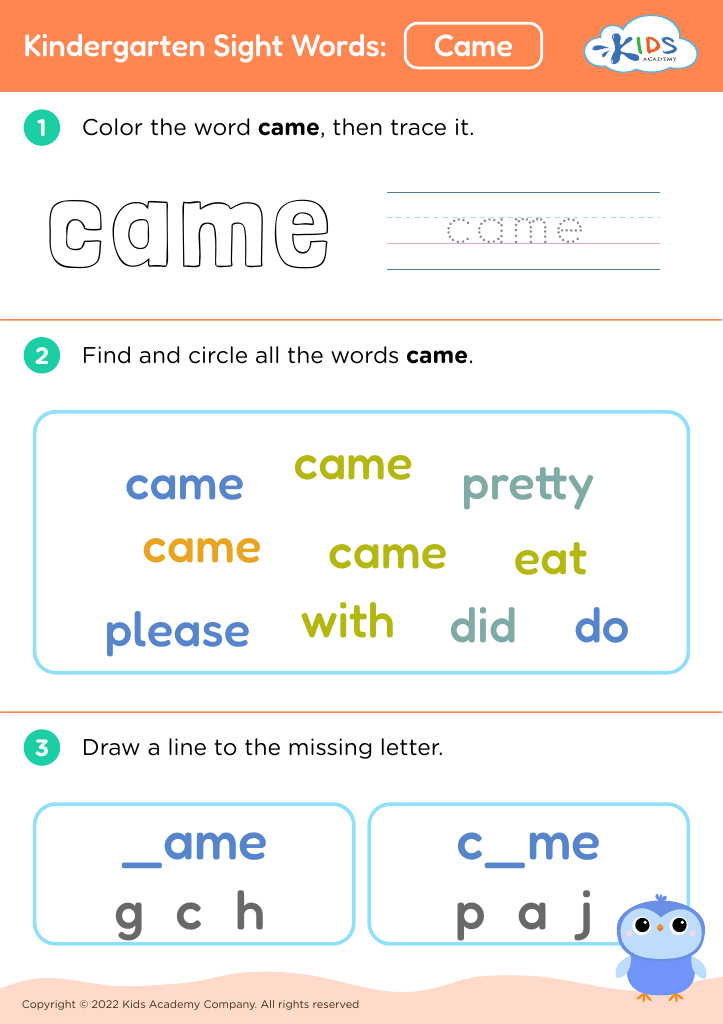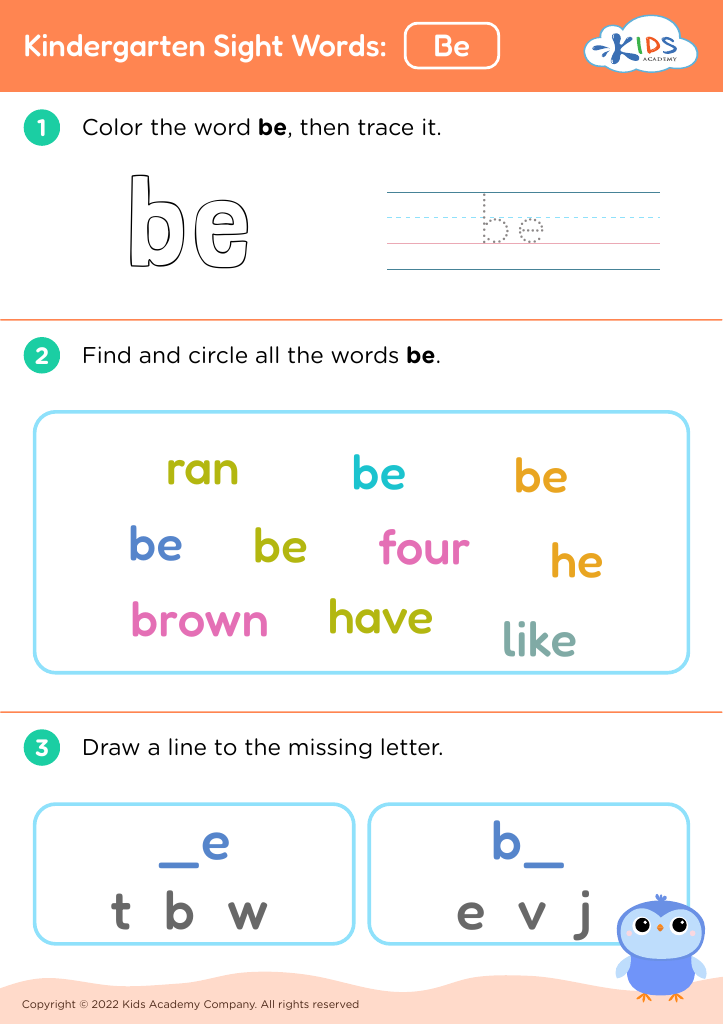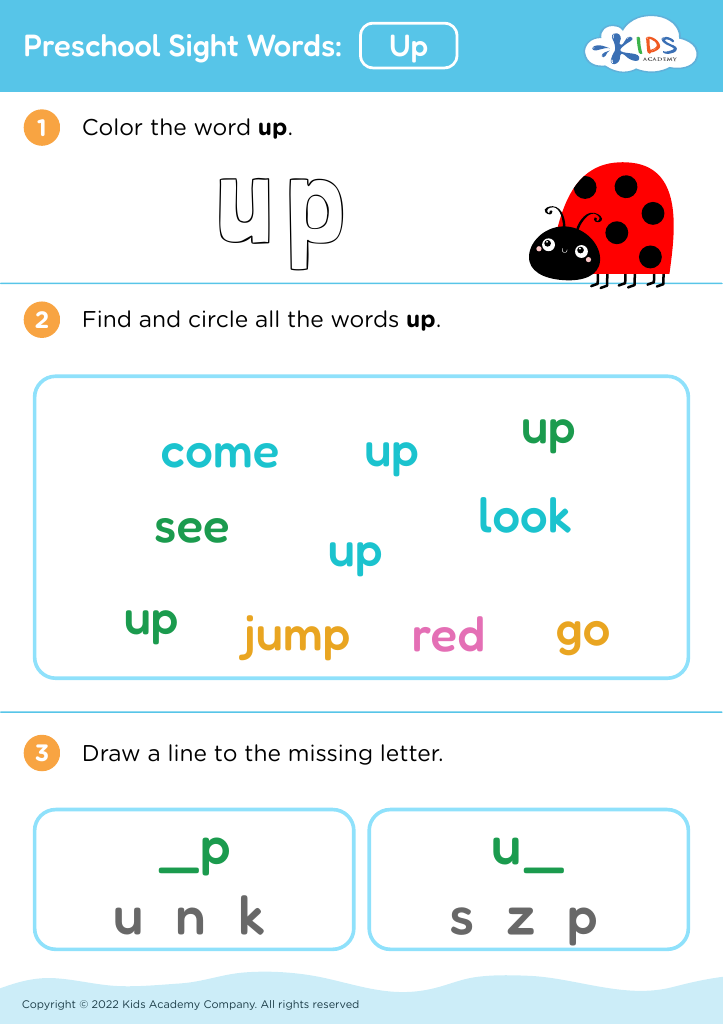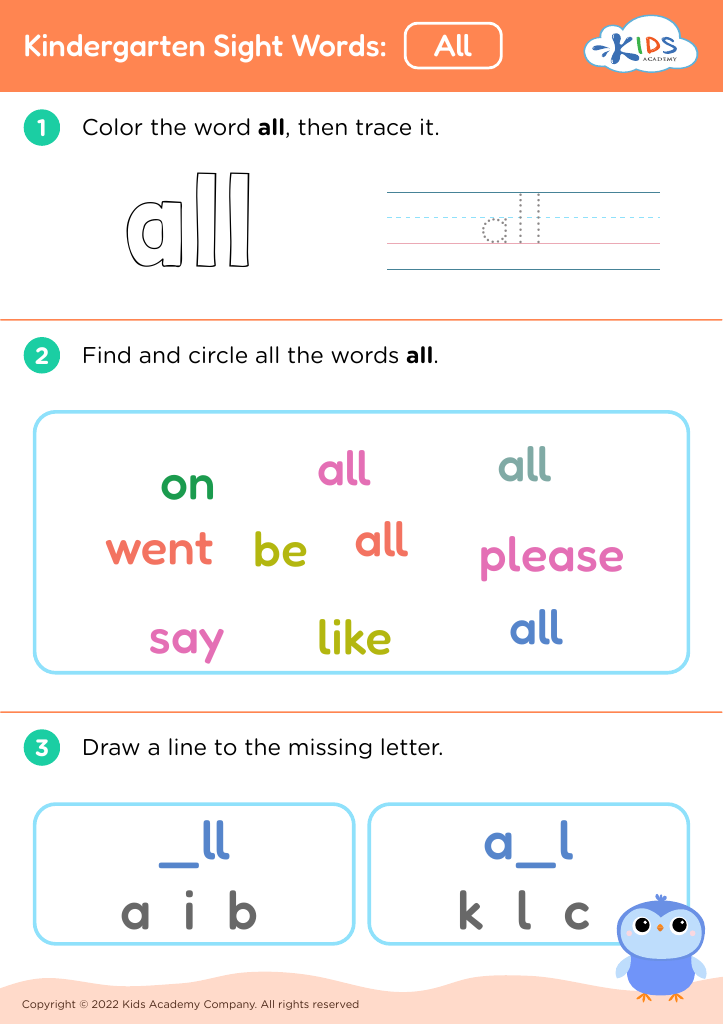Understanding fractions Building Vocabulary Worksheets for Ages 4-8 - Page 3
58 filtered results
-
From - To
Understanding fractions and building vocabulary from ages 4-8 is crucial for children's overall cognitive development and future academic success. At this age, children develop foundational mathematical skills, and introducing fractions helps them understand parts of a whole, creating a basis for more complex concepts in mathematics. Recognizing that fractions are not just numbers, but represent relationships, is essential for future topics like measurement, division, and ratios.
Additionally, building vocabulary during these formative years enhances children's reading comprehension and communication skills. Strong vocabulary proficiency aids in expressing mathematical concepts and reasoning clearly. By associating mathematical terms, such as "half," "quarter," and "numerator," with practical examples, children can make real-world connections that foster their understanding.
For parents and teachers, focusing on fractions and vocabulary is not just about teaching numbers or words; it’s about equipping children with the tools they need to navigate the world. Engaging with fractions through everyday activities—like sharing food or dividing toys—makes learning relevant and helps develop critical thinking and problem-solving skills. As children become confident in these areas, they're more likely to excel in future academic endeavors, ultimately reflecting their readiness to tackle new challenges.












